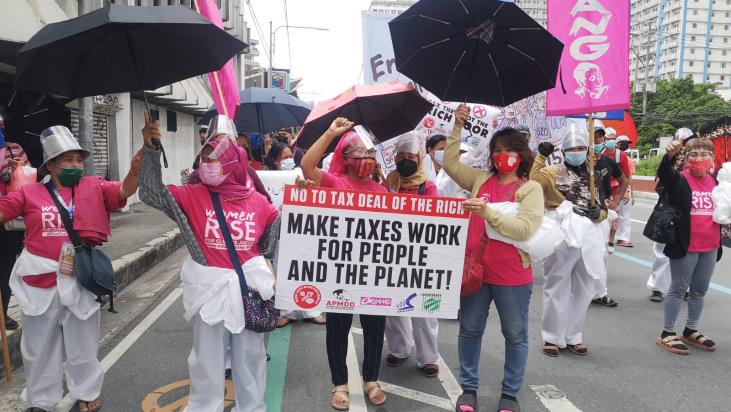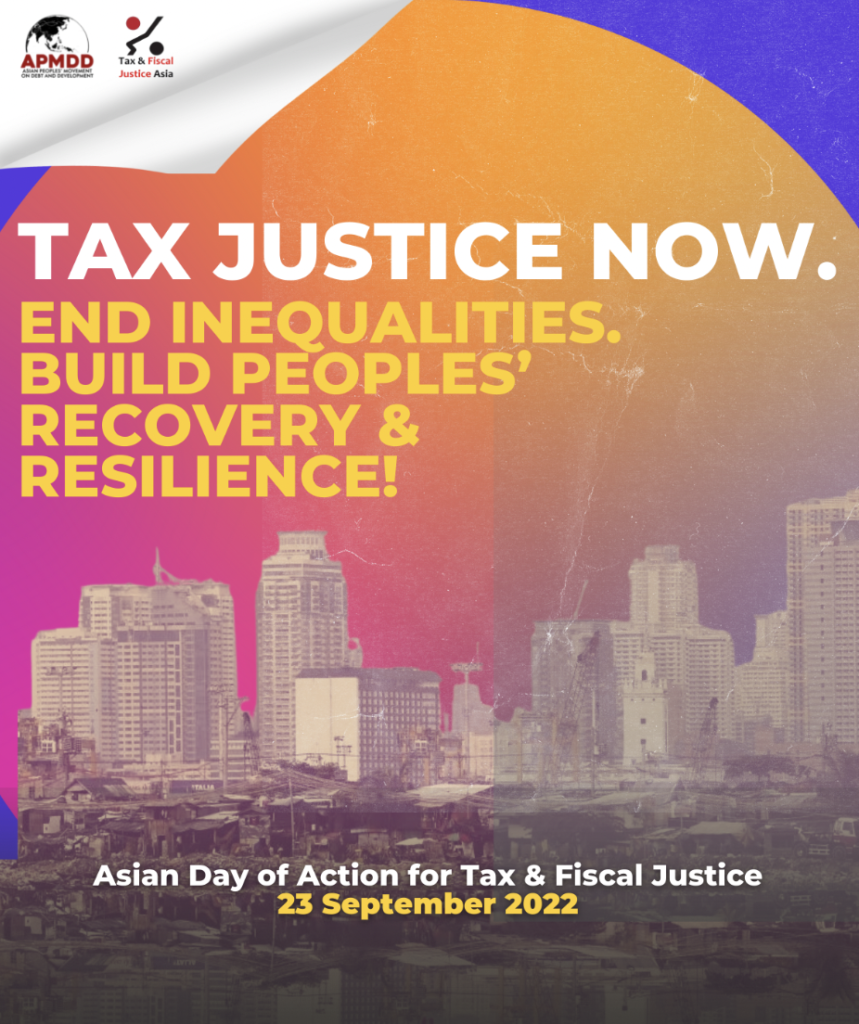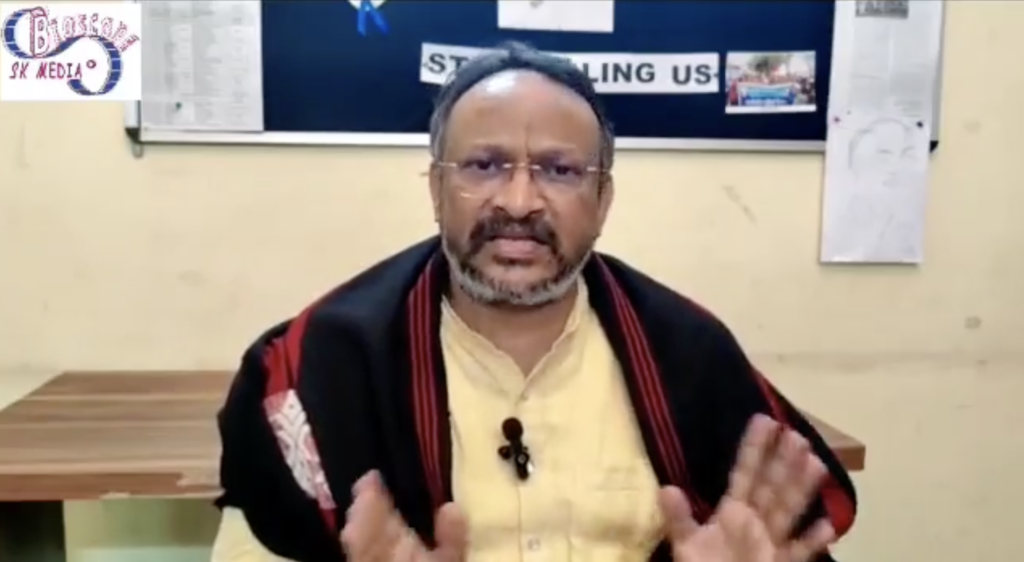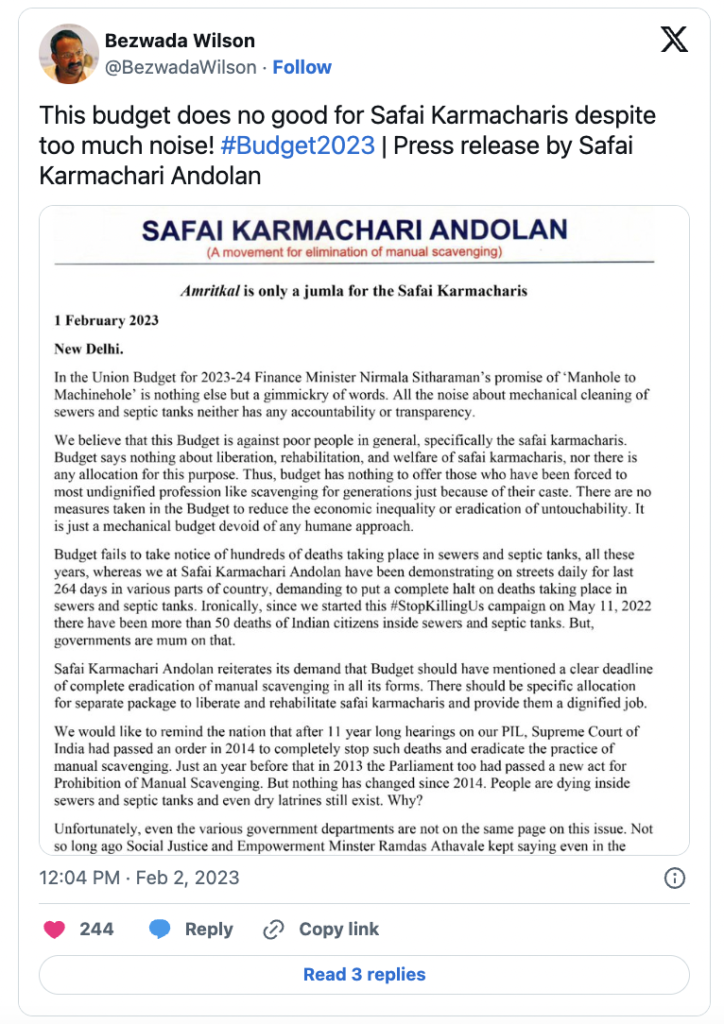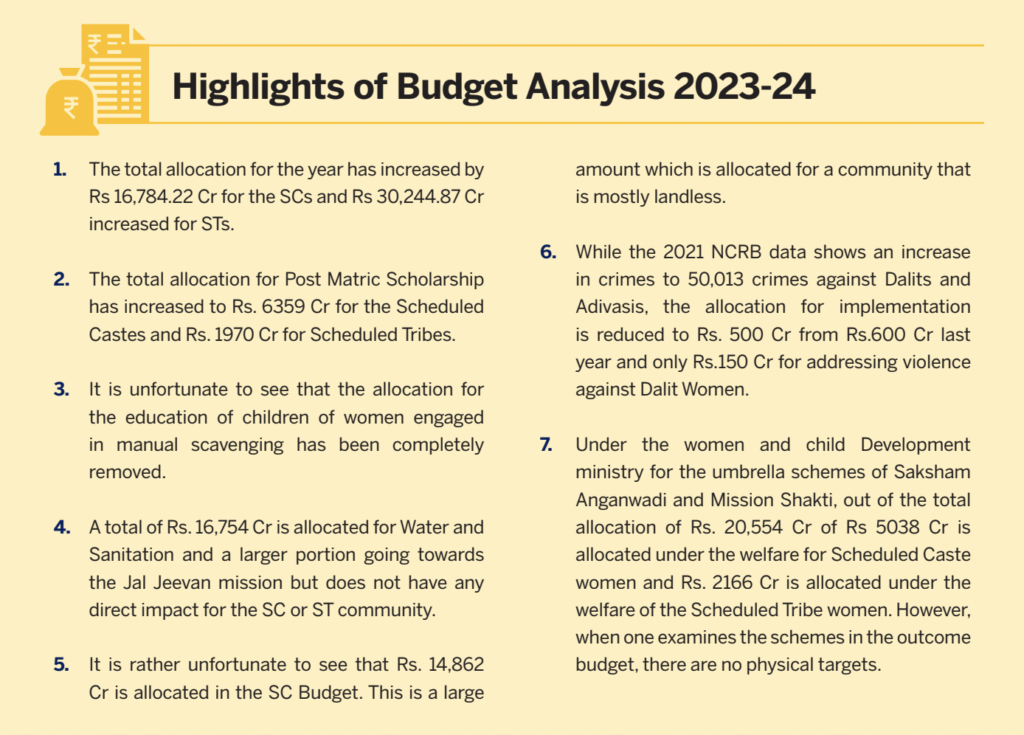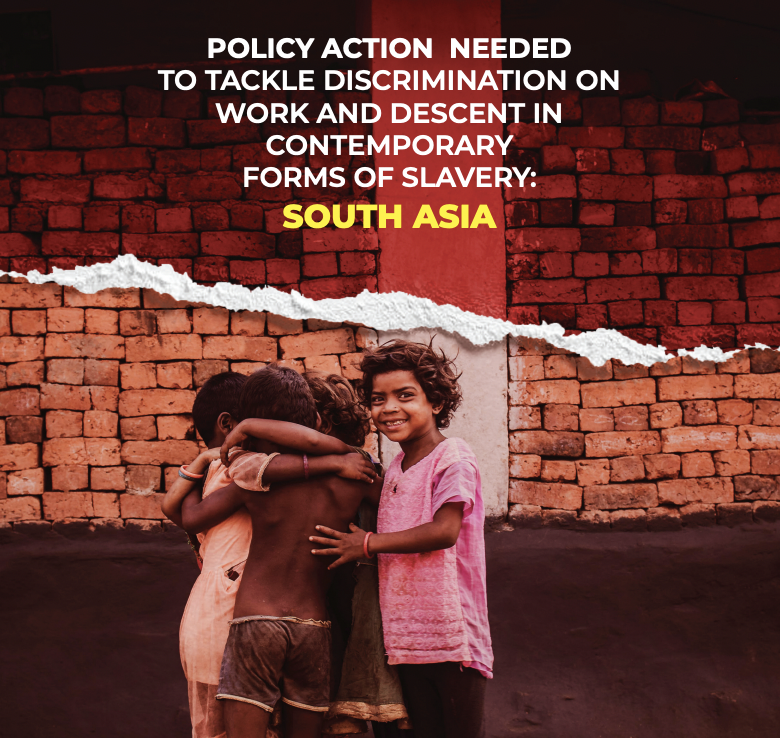Modern slavery is the recruitment, movement, harbouring or receiving of people through the use of force, coercion, abuse of vulnerability, deception or other means for the purpose of exploitation. The victim under modern slavery is, therefore, confronted with threats, violence and abuse of power. Modern slavery occurs in different situations in which a victim is severely exploited for the gain of the perpetrator, either personal or commercial. It can take various forms such as bonded labour/debt bondage, forced labour, forced child labour, sex trafficking, child sex trafficking, domestic servitude and unlawful recruitment and use of child soldiers.
‘Discrimination based on work and descent’ (DWD) is the UN terminology for caste discrimination. It affects over 260 million people globally, it has its roots in the centuries-old caste system of India and is prevalent in India, Nepal, Pakistan, Bangladesh, Sri Lanka and the Indian diaspora, owing to shared histories, borders and people.
The briefing demonstrates the links between caste-based discrimination and forms of modern slavery in South Asia, including the practice of forced labour in the form of manual scavenging and presents recommendations for policy-makers at various levels.



